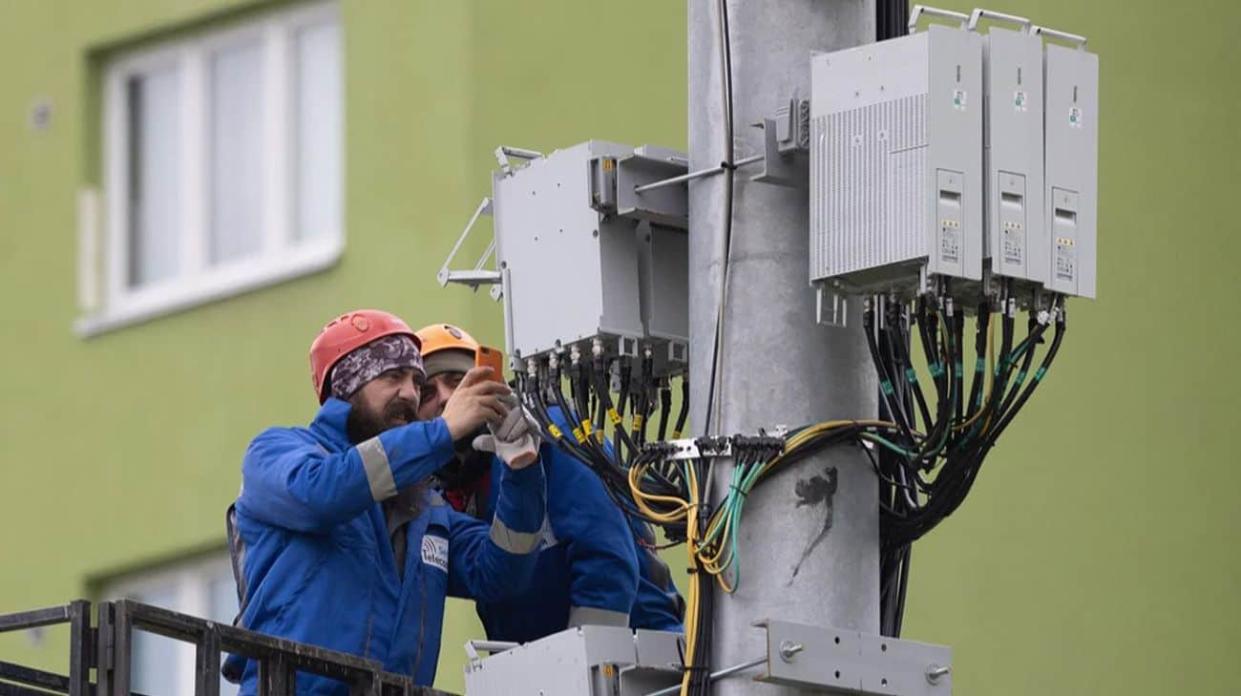Russian media: Internet jammed in three of Russia's northwestern oblasts to protect against drones

Russian media outlets have reported that mobile internet is being cut off at night in Russia’s Leningrad, Novgorod and Pskov Oblasts to combat drone attacks.
Source: Russian edition of Novaya Gazeta Europe
Details: Novaya Gazeta Europe reports that the Russian media outlets Kommersant and RBC, quoting a source, said that the internet shutdown in the three oblasts between 25 and 30 January was due to "adjustments to law enforcement agencies’ equipment" in order to combat drones.
Local Russian authorities reported that the technical work could make it difficult for payment services to operate, and there are also risks of problems with cashless payments through terminals or withdrawals from ATMs and taxi apps. In addition, video surveillance and video analytics systems may not work.
According to official information, the outages are related to "technical work to reconfigure the radio frequency spectrum of the transmitting equipment".
Quote: "According to the newspaper [Novaya Gazeta Europe – ed.], mobile internet is also being disconnected to fine-tune anti-drone systems. This is connected, among other things, with the movements of Russian President Vladimir Putin, who visited St Petersburg on 26 January, according to one of the newspaper's sources."
RBC's source also linked the shutdown of mobile internet in Russia's northwest to a "visit by high-ranking officials accompanied by the Russian Federal Guard Service". On 27 January, Putin and self-proclaimed Belarusian President Alexander Lukashenko attended events marking the 80th anniversary of the lifting of the siege of Leningrad, and today, 29 January, they will hold meetings in St Petersburg as co-heads of the Union State of Russia and Belarus.
RBC's sources said that the internet shutdown is not necessary for the operation of Russian drones, but to reduce the threat of attacks. "To navigate, drones use a GPS signal, which the Russian authorities deliberately distort, and their own surveillance cameras during the day, and cellular towers on the ground at night," the source said. 4G communication is only blocked at night, the source explained, because that is when most attacks involving drones take place.
Details: Novaya Gazeta Europe also emphasised that one of the longest outages recently occurred in the Republic of Sakha (Yakutia), where WhatsApp and Telegram have been down since 23 January, but the operation of apps was restored on the afternoon of 27 January. This may have been an attempt by the authorities to somehow influence protests that broke out in the republic after the murder of a local resident.
Support UP or become our patron!

